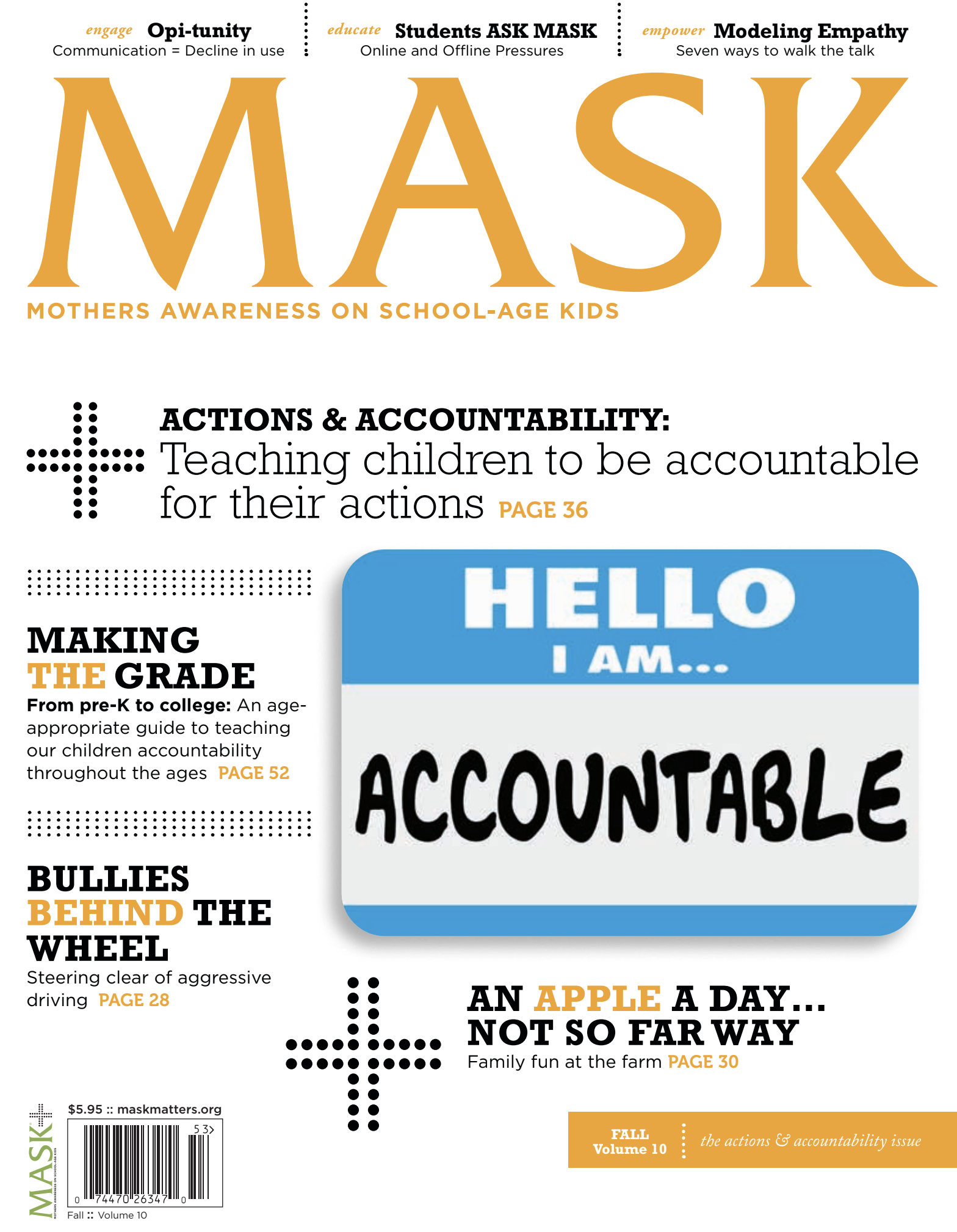
Teens, Tech and Talk
July 11, 2021
Modeling Drinking Behavior
July 13, 2021Healthy relationships require work. Everyone should be conscious of their ability to preserve their healthy relationships by how effectively they can apologize. This is something that takes thought, effort and emotion. When you examine what an apology really is, it is the effort put in to repair something that was damaged, like trust or honesty, in a relationship. The amount of effort you put into an apology will determine how well the relationship is repaired, because if minimal effort was used then it is destined to break again.
Apologizing becomes an unconscious reflex when we do it too often. While some people will apologize for everything, even when they aren’t in the wrong, others can’t understand why their apologies aren’t satisfactory. According to the Harvard Business Review, there are a few different types of apologies that are proven to be ineffective.
The first ineffective apology is saying sorry and thinking that is enough. While saying sorry can be an effective apology if the action was quick and accidental like bumping into someone, if there was any intention behind the action then the apology could be ineffective. Most of the time when people do blurt out that they are sorry they are only doing it to make themselves feel better and satisfied that they did what they were supposed to. Performing an apology because you feel like you’re supposed to will be obvious by your actions that follow. If you apologize for something but continue to do it, then your apology means nothing, because actions will always speak louder than words.
An example of this ineffective apology may look like one kid stealing another kid’s toy and when he is told to give it back, he does and he says sorry, but then a few minutes later he goes back and steals the kid’s toy again. This child may grow up thinking that saying sorry excuses his past behavior and he will expect to be forgiven every time. Instead, his behavior needs to notably change after the apology and if he does do it again then sorry will not be enough and consequences may need to be pursued.
Similarly, the second ineffective apology is the over-apology. This looks like someone who will say sorry over and over again and will be practically begging you to say it’s okay. This version of an apology is only beneficial for the person apologizing to feel better about what they did. They will keep apologizing until you feel pressured to give in and tell them whatever they did is okay and you forgive them. This can be a very manipulative apology because the person who was hurt may not be satisfied with the apology but they feel like they have to give in just to make them stop apologizing.
The third ineffective apology is when a person apologizes for the situation but not for the role they played in making it happen. This can be a very frustrating experience for someone on the receiving end of this apology because they can recognize that you are in a bad place, but are unable to accept that they helped put you there.
For an apology to come across as sincere, it requires you to take responsibility, express regret, ask for forgiveness and promise it won’t happen again. Teaching kids how to apologize early will make it easier for them to do it as an adult and will show them what kind of apologies they should be receiving.
By:// Jessica Lee
Sources:
The 4 Types of Ineffective Apologies
For ways to learn about teaching your child to be accountable for their actions add the Actions and Accountability Issue to your MASK Library – Available only through Zinio
MASK the Parenting Magazine a quarterly publication providing solutions for Today’s Families.
The parenting manual offering solutions to the modern-day challenges families face. From Pre-K
through College stay up to date on the modern day issues families face.
Are you up to date on the issues your child is facing?
MASK Mothers Awareness on School-age Kids offers parenting solutions for today’s families. MASK tackles important topics – from drugs and alcohol to bullying and Internet safety -and gives students, parents and the community the knowledge and tools to manage these potential challenges.
Subscribe today! https://www.tools4teaching.com/product/mask-the-magazine/
Download and share the MASKmatters app now! Made for children, parents, teachers and in Spanish.
Have solutions at your fingertips
Available free on apple and google play links below
Apple https://apps.apple.com/us/app/maskmatters/id1482305692
Google Play
https://play.google.com/store/apps/details?id=com.maskmatters.maskmattersapp&hl=en_US&gl=US





